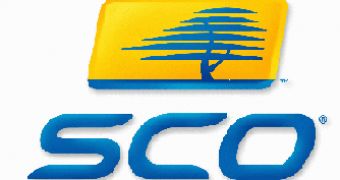The famous SCO versus Novell case, started in May 2003 when SCO filled in a complaint against Novell over some of the intellectual property(IP) rights belonging to Linux, has finally come to an end. Thanks to Dale Kimball US District Court Judge now it is clear for everyone that it is Novell and not SCO, who owns the respective rights.
"? the court concluded that Novell is the owner of the Unix and UnixWare copyrights. Therefore, SCO's First Claim for Relief for slander of title and Third Claim for Relief for specific performance are dismissed, as are the copyright ownership portions of SCO's Fifth Claim for Relief for unfair competition and Second Claim for Relief for breach of the implied covenant of faith and fair dealing. The court denies SCO's cross-motion for summary judgment on its own slander of title, breach of contract and unfair competition claims and on Novell's slander of title claim ?" That's how the judge's conclusions sounded like in his decision, which has spread along 102 pages and can be read here.
But this is not the only bad part for SCO regarding this case. Judge Kimball's decision also comes to interfere with one of SCO's other cases. For example the SCO versus IBM case has almost been busted after the judge decided that "Novell is entitled ... at its sole discretion, to direct SCO to waive its claims against IBM and Sequent, and SCO is obligated to recognize Novell's waiver of SCO's claims against IBM and Sequent?"..
However, The SCO Group doesn't seem to get used with this decision too soon. Some sources close to the company claim that even though SCO hasn't yet idea of what they should do they will not give up the lawsuit.
From the other side though, Novell executives say they are very pleased with this ruling. Joe LaSala, senior vice president and general counsel with Novell said in a statement:
"The court's ruling has cut out the core of SCO's case and, as a result, eliminates SCO's threat to the Linux community based upon allegations of copyright infringement of Unix. We are extremely pleased with the outcome."

 14 DAY TRIAL //
14 DAY TRIAL //